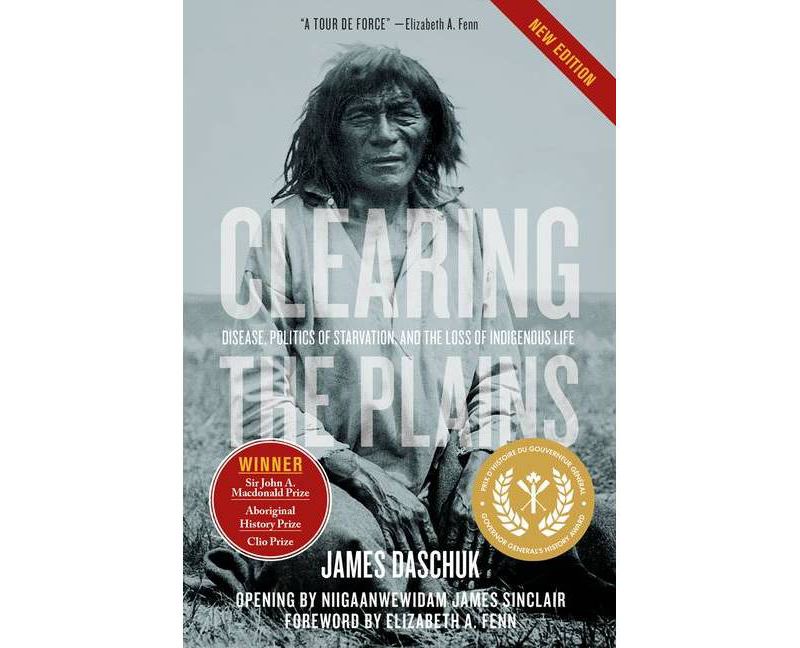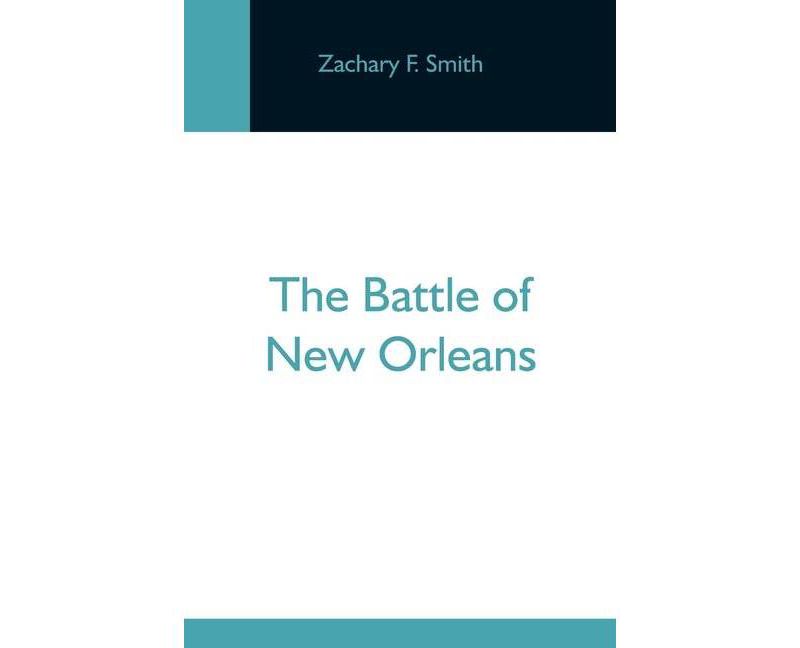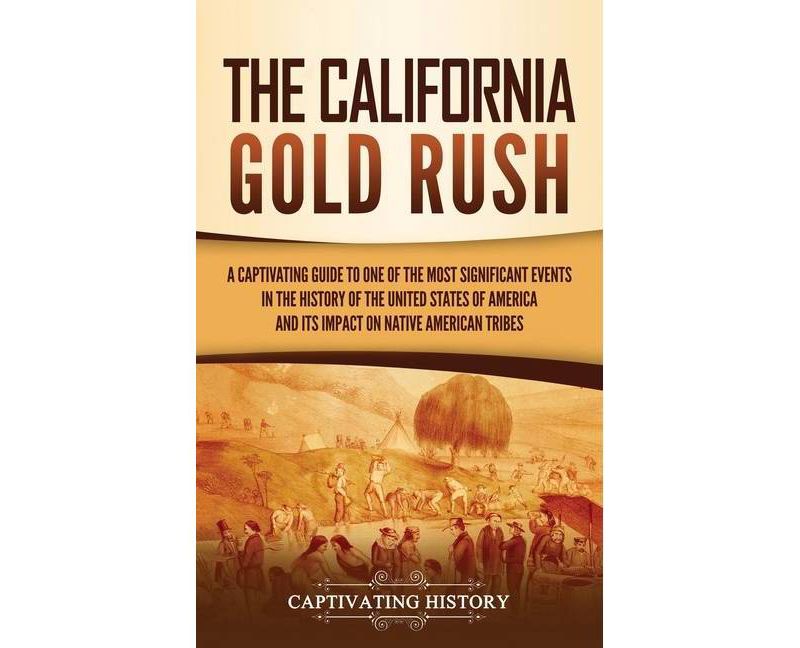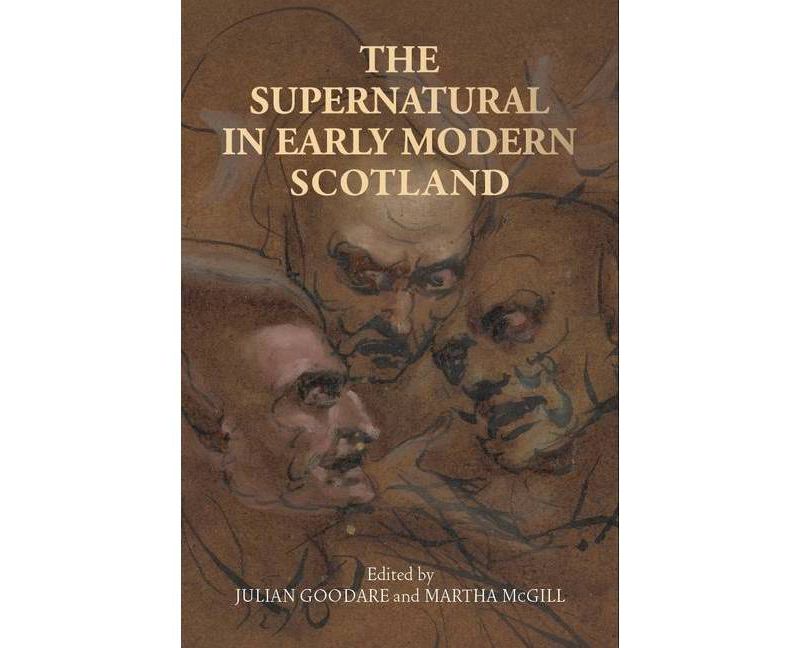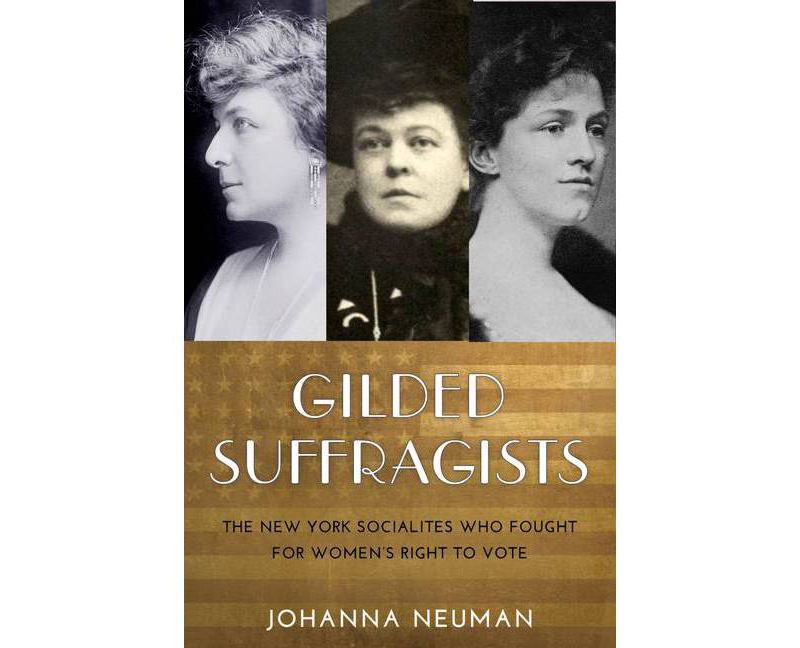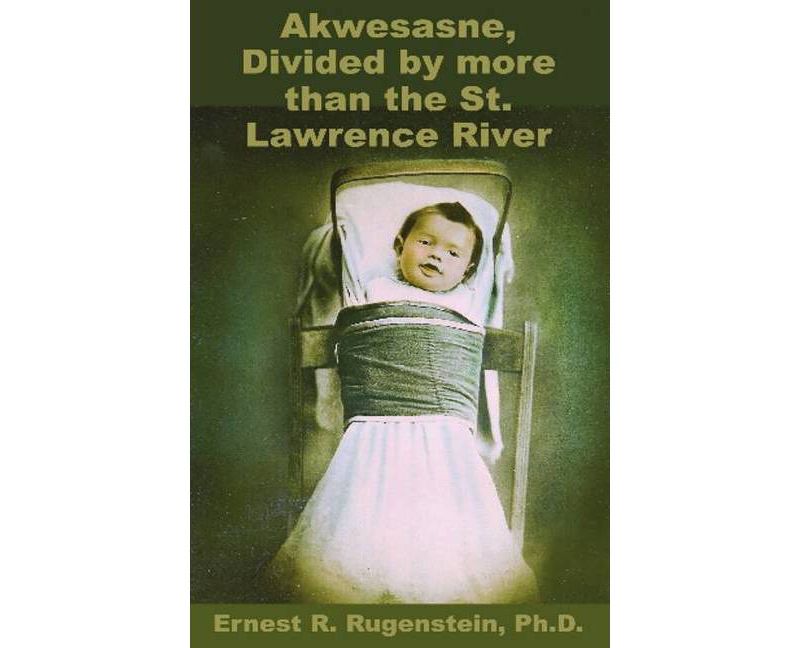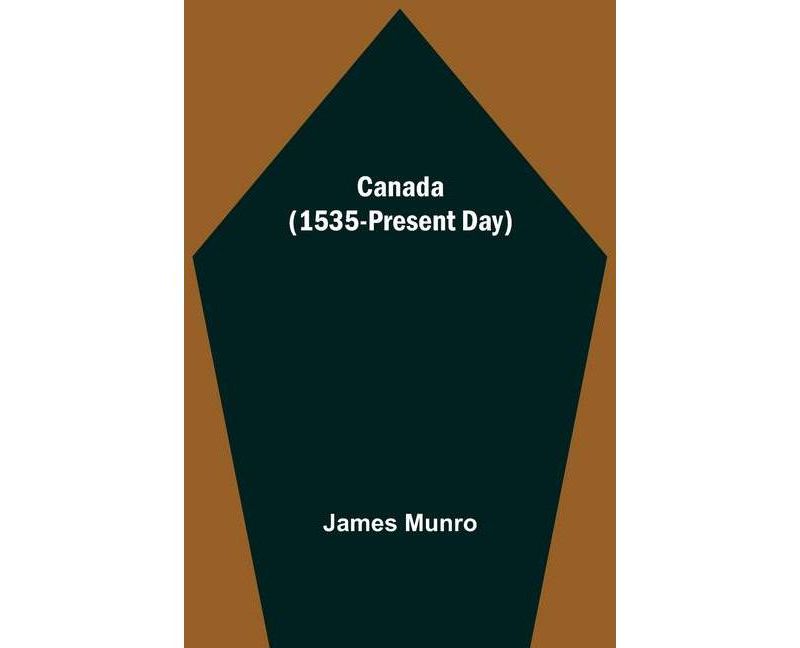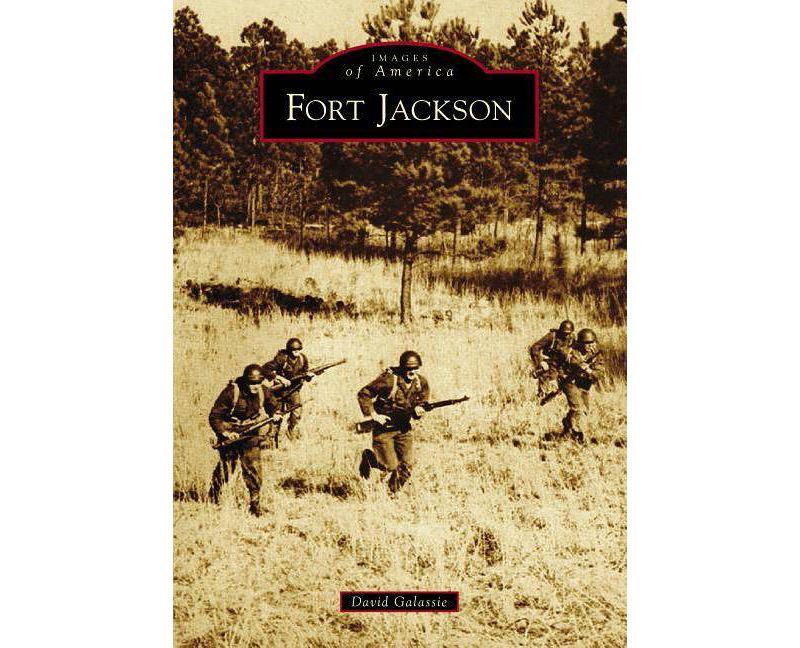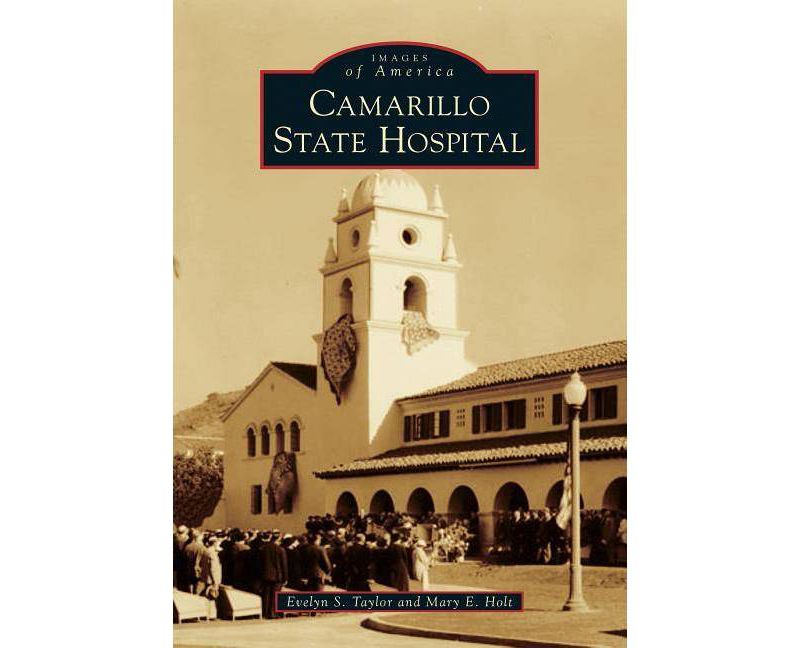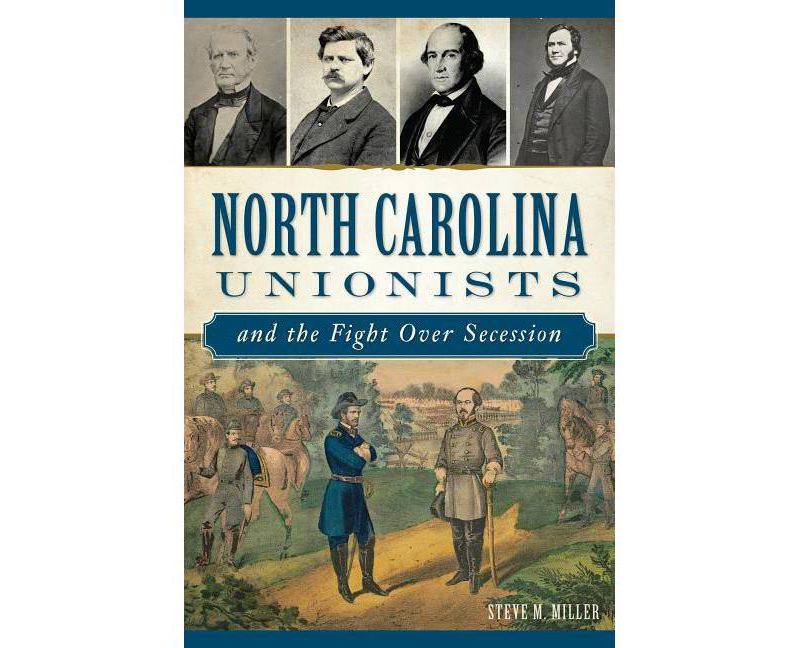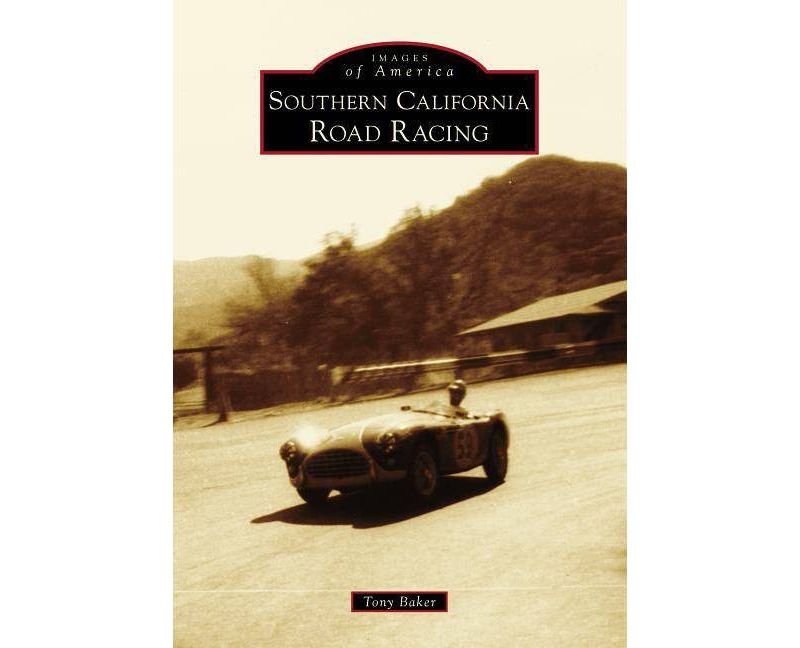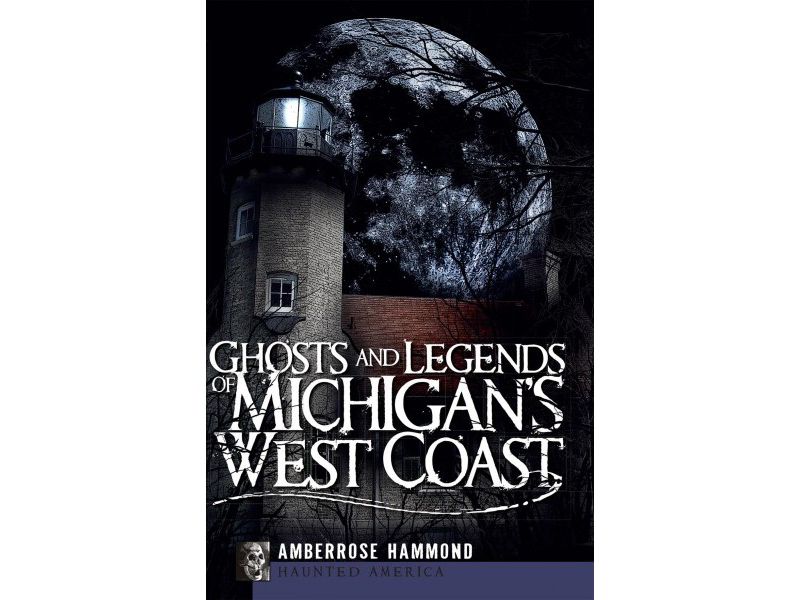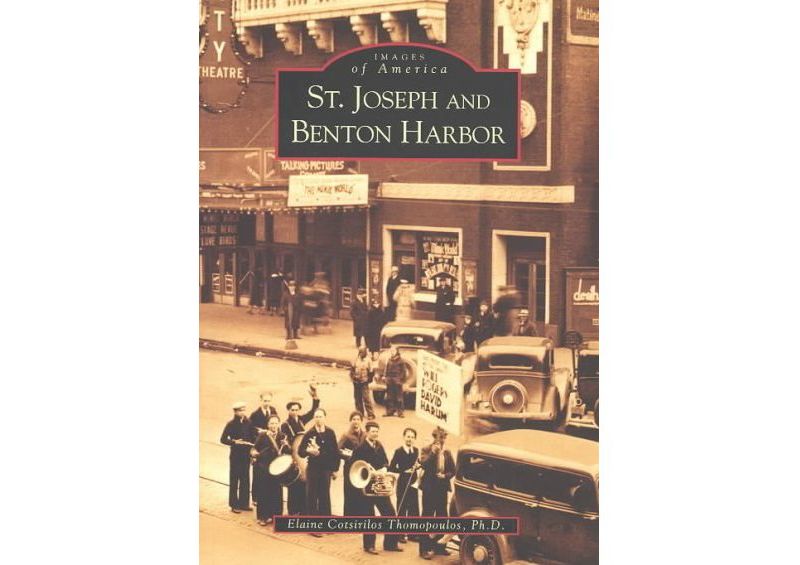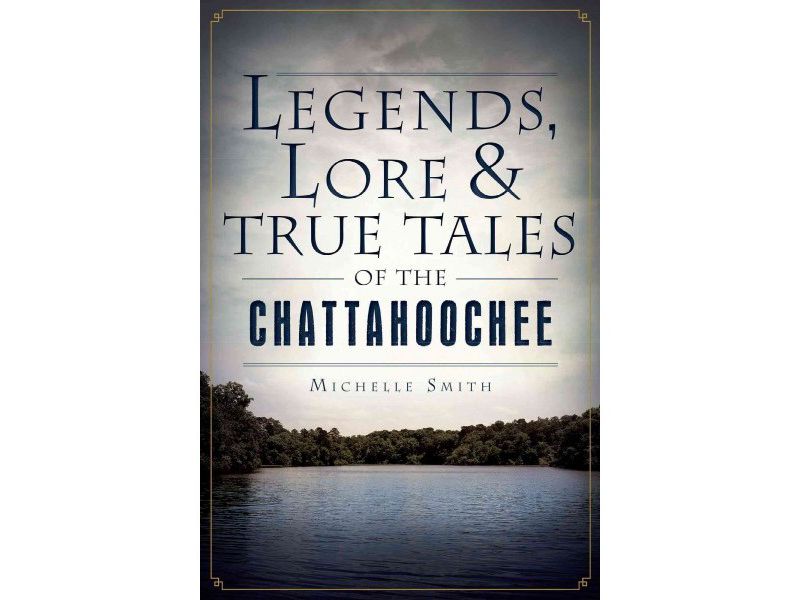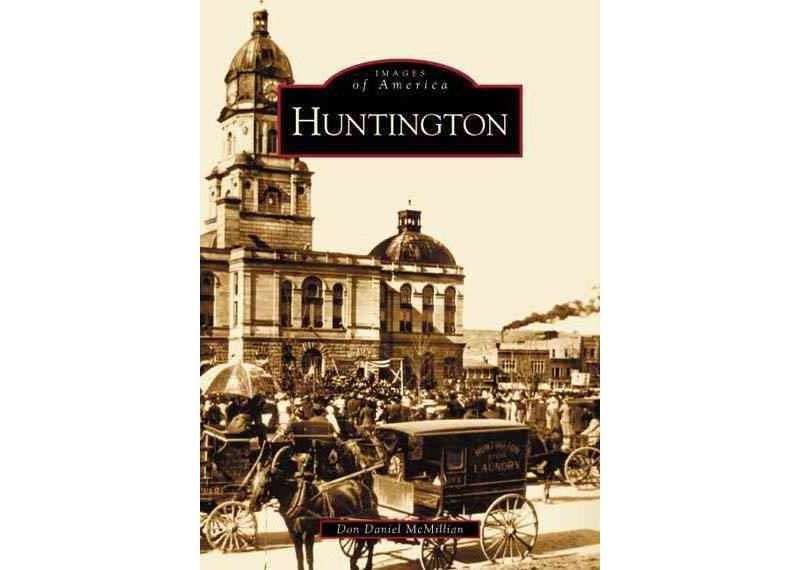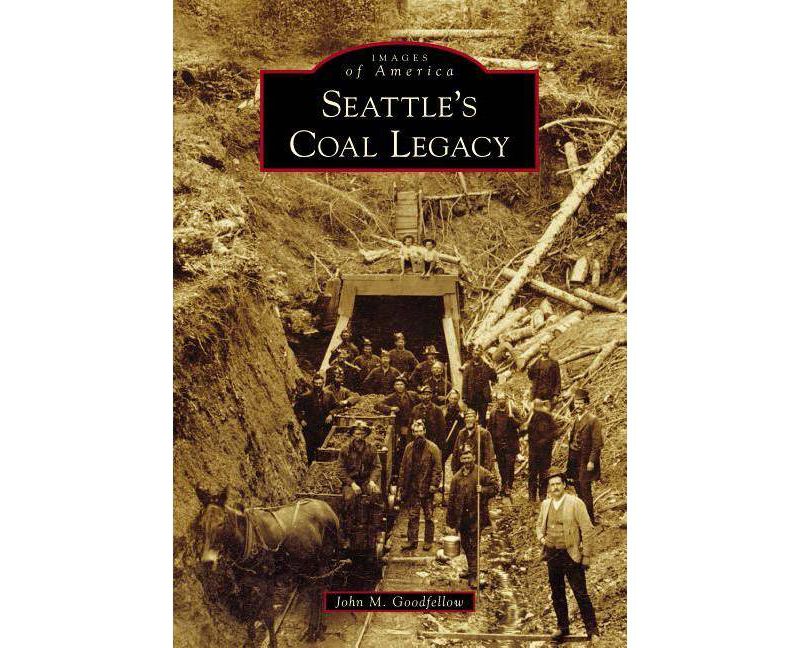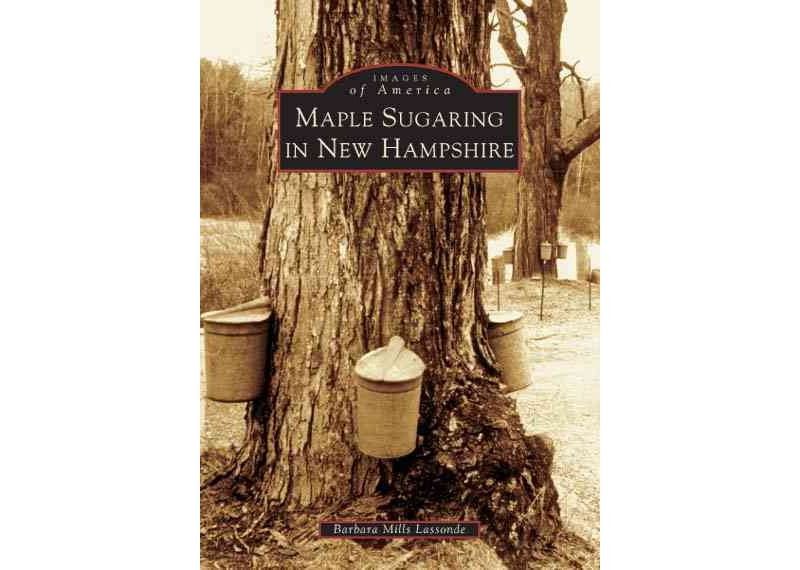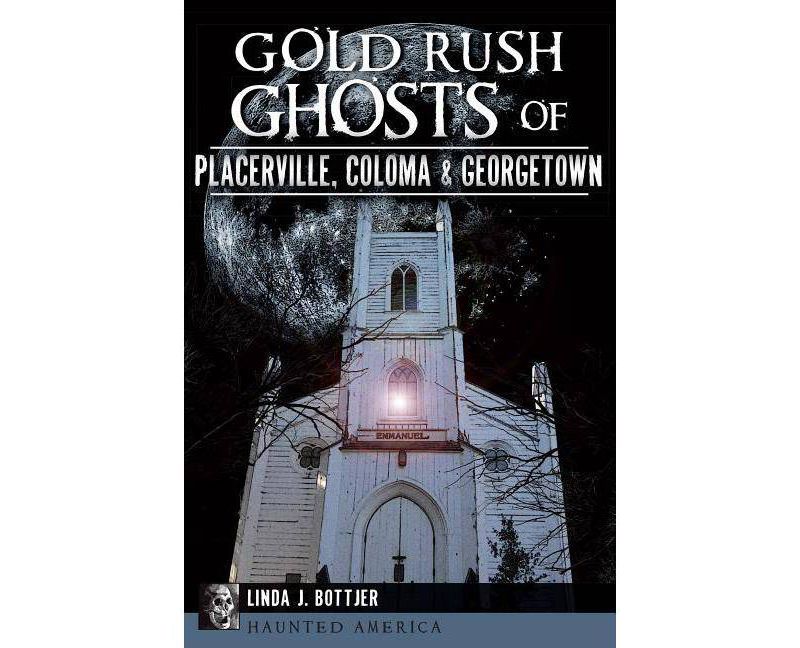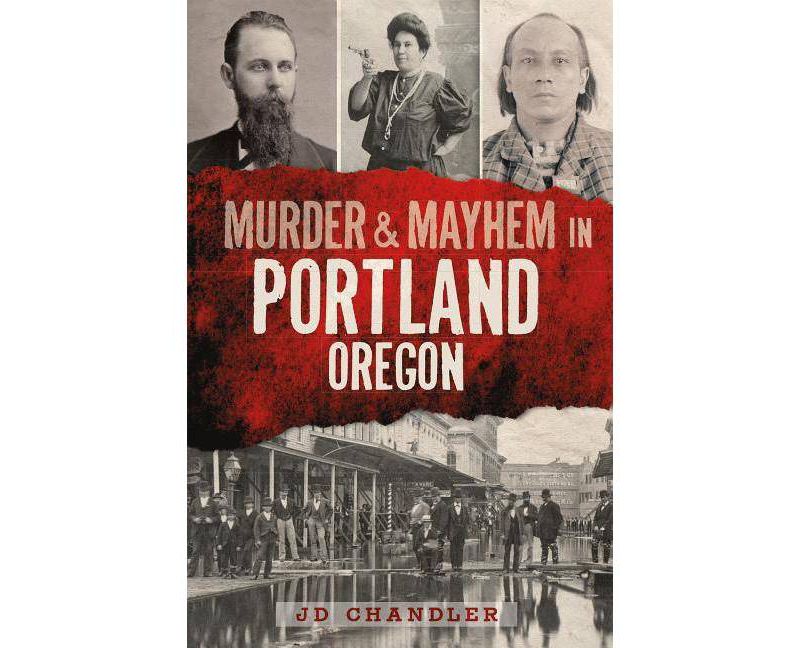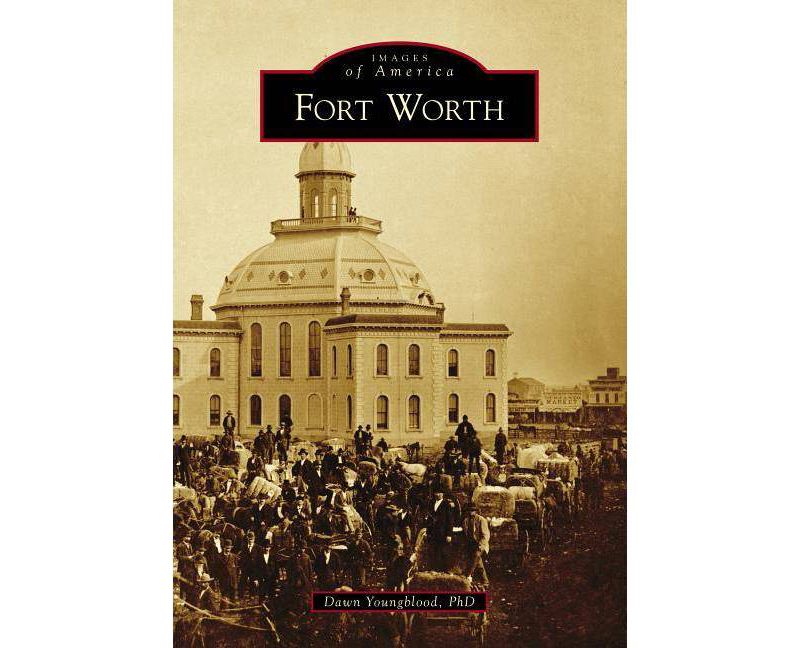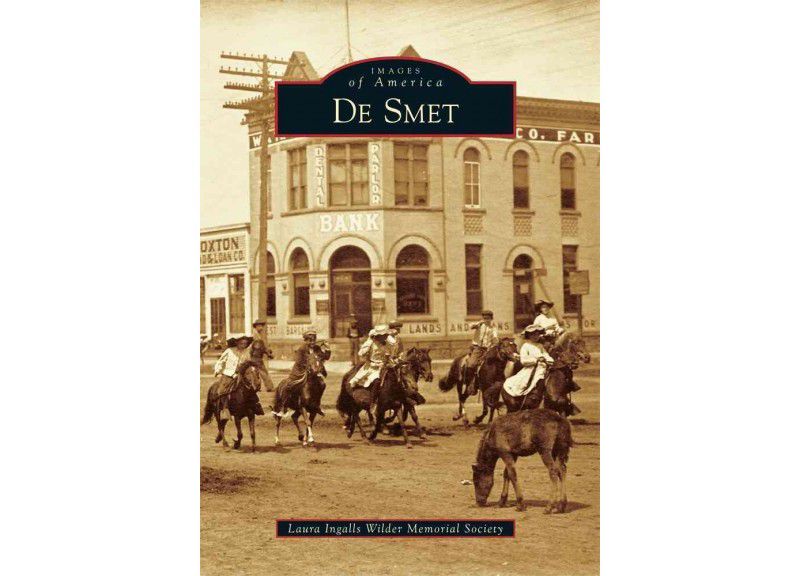Trusted shipping
Easy returns
Secure shopping
Buy Creating the Black Utopia of Buxton, Iowa - (American Heritage) by Rachelle Chase (Paperback) in United States - Cartnear.com
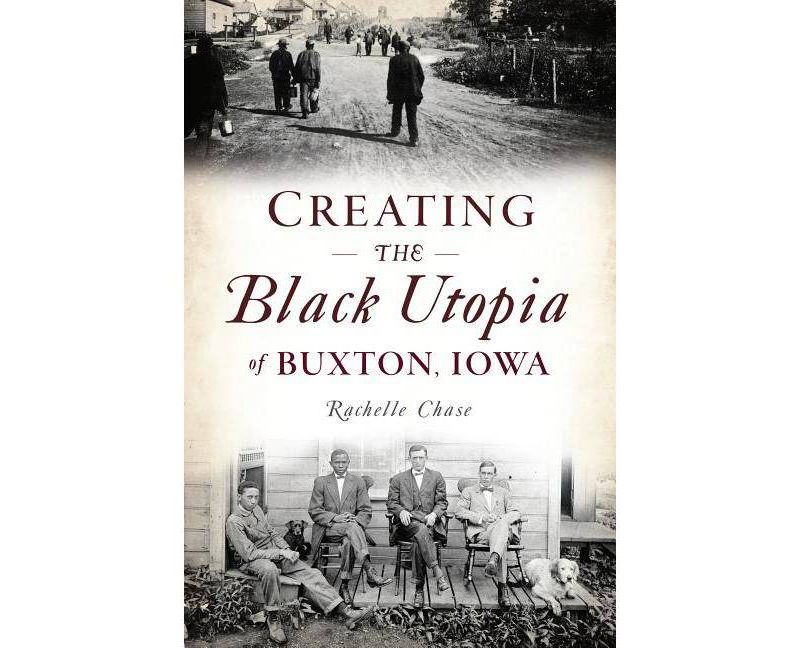
Creating the Black Utopia of Buxton, Iowa - (American Heritage) by Rachelle Chase (Paperback)
CTNR343384 09781467140461 CTNR343384Arcadia Publishing
2027-02-08
/itm/creating-the-black-utopia-of-buxton-iowa-american-heritage-by-rachelle-chase-paperback-343384
USD
19.44
$ 19.44 $ 20.04 3% Off
Item Added to Cart
customer
*Product availability is subject to suppliers inventory
SHIPPING ALL OVER UNITED STATES
100% MONEY BACK GUARANTEE
EASY 30 DAYSRETURNS & REFUNDS
24/7 CUSTOMER SUPPORT
TRUSTED AND SAFE WEBSITE
100% SECURE CHECKOUT
Dimensions (Overall): 8.9 Inches (H) x 6 Inch (W) x .6 Inch (D)
Weight: .65 Pounds
Number of Pages: 176
Genre: History
Sub-Genre: United States
Series Title: American Heritage
Format: Paperback
Publisher: History Press
Author: Rachelle Chase
Age Range: Adult
Book theme: State & Local
Language: English
Weight: .65 Pounds
Number of Pages: 176
Genre: History
Sub-Genre: United States
Series Title: American Heritage
Format: Paperback
Publisher: History Press
Author: Rachelle Chase
Age Range: Adult
Book theme: State & Local
Language: English
About the Book
Some have called Buxton a Black Utopia. In the town of five thousand residents, established in 1900, African Americans and Caucasians lived worked and attended school together. It was a thriving, one-of-a-kind coal mining town created by the Consolidation Coal Company. This inclusive approach provided opportunity for its residents. Dr. E.A. Carter was the first African American to get a medical degree from the University of Iowa in 1907. He returned to Buxton and was hired by the coal company, where he treated both black and white patients. Attorney George Woodson ran for file clerk in the Iowa Senate for the Republican Party in 1898, losing to a white man by one vote. Author Rachelle Chase details the amazing events that created this unique community and what made it disappear. --Book Synopsis
Some have called Buxton a Black Utopia. In the town of five thousand residents, established in 1900, African Americans and Caucasians lived, worked and attended school together. It was a thriving, one-of-a-kind coal mining town created by the ConsolidaReview Quotes
"Rachelle Chase has elevated herself into a position of deep knowledge and understanding of a great American story, the legacy of Buxton, Iowa. Her unparalleled research and imagery of this incredible time is captured, including how events developed towards the magic of Buxton." John Busbee, The Culture Buzz "Rachelle Chase provides a historical overview of one of America's most enlightened Black-dominated communities, Buxton, Iowa, located in the coal-mining county of Monroe. This racially progressive town of more than 6,000 residents claimed a black YMCA, black baseball team, and black physician. Although a company town, controlled by an affiliate of the Chicago & North Western Railway, and lasting for only several decades, Buxton gave blacks personal advantages in the Age of Jim Crow. Extensively researched and pleasantly written, Chase covers all facets of daily life. Rare photographs augment her coverage of this unique Hawkeye State place." H. Roger Grant, professor of history, Clemson University, and author of The North Western: A History of the Chicago & North Western Railway System




